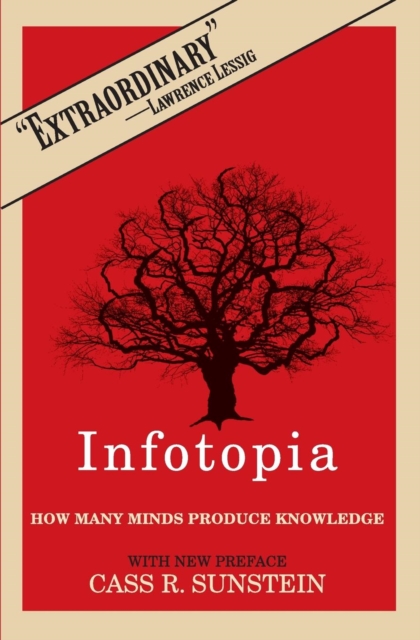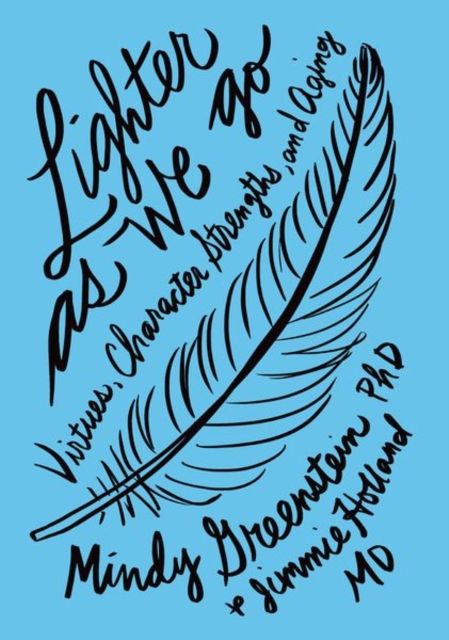Bad Girls Go Everywhere - Jennifer Scanlon - Bog - Oxford University Press Inc - Plusbog.dk
Born in Arkansas to a family of modest means, Helen Gurley Brown worked at countless secretarial jobs and was an advertising executive before writing the 1962 international bestseller Sex and the Single Girl, marrying the love of her life, becoming the diva of the New York magazine world, and editing Cosmopolitan magazine for 32 years. In her farewell column in 1997, Brown offered her Cosmo readers three pieces of advice: every woman has something that makes her unique and gifted; men are not the enemy; and sex is among the best things in life. With these brief directives Brown summarized the philosophy that made her such an important and contested figure throughout the second half of the twentieth century. Imagine the life of a single woman in 1962. Women were encouraged to attend college primarily to obtain an Mrs. degree, newspaper ads listed jobs by sex, women could only obtain credit through their husbands, and unmarried women became suspect by the time they reached their mid-twenties. Along came a firebrand named Helen Gurley Brown, who had remained single into her late thirties and who had the audacity to encourage her unmarried sisters not to grab a husband, or to hide their single status, but to live, instead, in what she called "superlative style." Her 1962 book, Sex and the Single Girl, became an overnight and international sensation for its frank look at single women''s work lives, financial lives, and, of course, sex lives. To conservatives, Brown''s books and magazine released the single woman from all social and sexual constraints, making her a threat to the institution of marriage. To many in the women''s liberation movement, Brown''s views enhanced men''s rather than women''s lives by turning women into sexually available playmates rather than making them powerful in their own right. For her legion of fans, however, Helen Gurley Brown represented another path, one that let women pursue heterosexual relationships yet remain independent, work at being beautiful yet call themselves feminists. Jennifer Scanlon''s book is the first biography of Helen Gurley Brown, an icon of contemporary women''s history and popular culture. Brown''s irreverent and daring life and work challenge the stereotype of second-wave feminists as frumpy and humorless, while foreshadowing the sex-positive, lipstick-wearing--Cosmo-reading--third wave. Because Brown both bought into and utterly transformed advertising and consumer culture, this book will interest not only a female trade audience, but scholars in women''s studies, American studies, popular culture studies, sociology, and history.





































